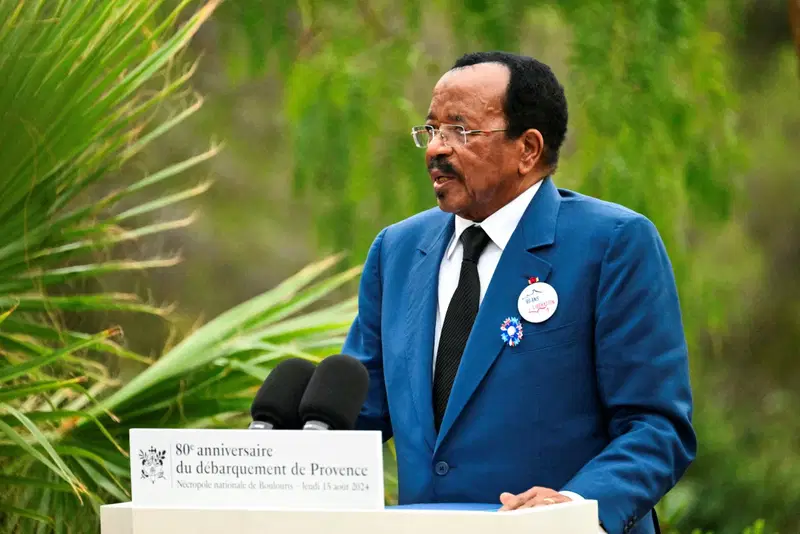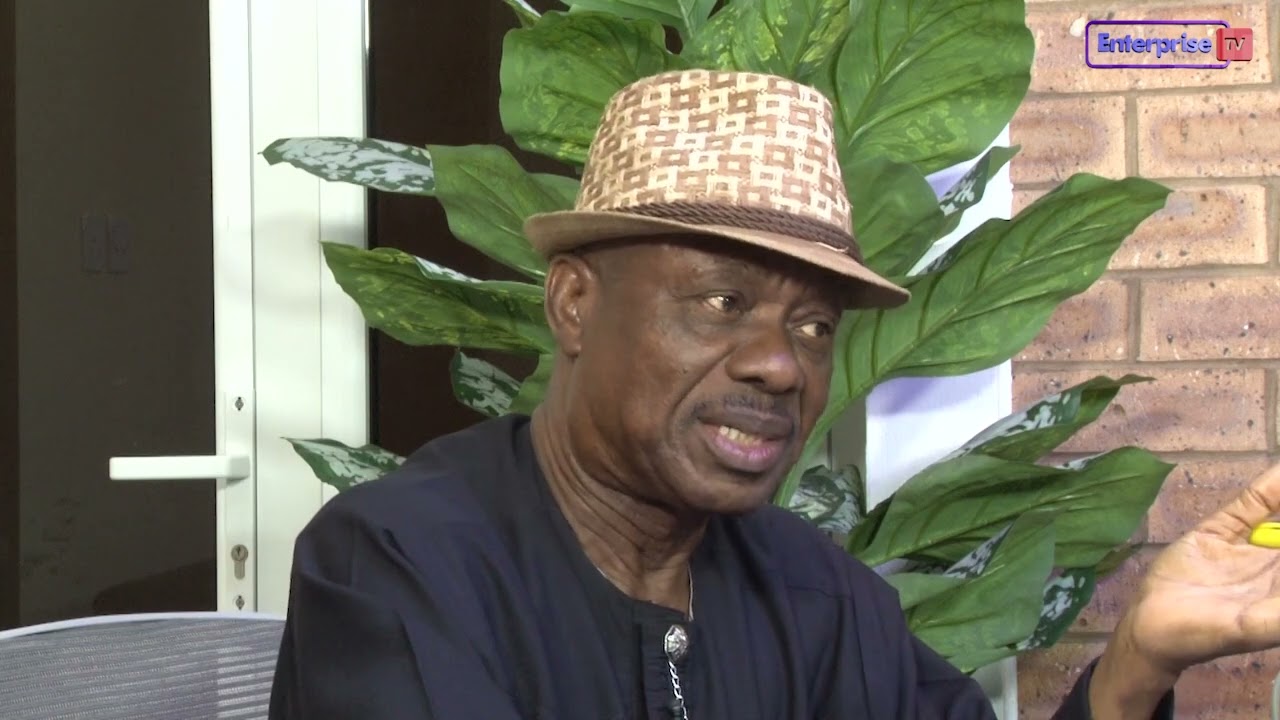As Cameroon heads into a pivotal presidential election in October, its 92-year-old leader, President Paul Biya, the world’s oldest head of state and Africa’s second-longest-serving leader, faces growing pressure from within his inner circle and beyond. Two high-profile defections from longtime allies signal cracks in the ruling coalition that has held power for over four decades.
Employment Minister Issa Tchiroma Bakary was the first to jump ship, announcing his resignation on June 26 to launch his presidential bid under the banner of the Cameroon National Salvation Front. Just two days later, Minister of State and former Prime Minister Bello Bouba Maigari, another veteran of Biya’s political network, declared his intention to run as well.
Both men hail from Cameroon’s politically strategic and historically pro-government northern region, where dissatisfaction with the central government has been mounting over entrenched poverty and underdevelopment.
Despite the dramatic political moves, Biya’s camp appeared unfazed, swiftly replacing Tchiroma without acknowledging his resignation and dismissing the defections as routine political theater.
“Nothing new here,” said Fame Ndongo, the communications chief of Biya’s Cameroon People’s Democratic Movement (CPDM), in a front-page column in the Cameroon Tribune. He described the developments as “classic” symptoms of democracy at work.
By law, Biya is automatically the CPDM’s presidential candidate, though he has not confirmed whether he will seek another term. His rare public appearances and persistent rumors of failing health have only intensified speculation about the country’s post-Biya future.
A Political Return for Old Rivals
Tchiroma and Maigari are no strangers to challenging Biya. They both ran against him in 1992, a historic multi-party election, but later aligned themselves with the president, drawing widespread criticism, particularly from their northern constituents.
“The people of the north are rotting in poverty,” said Severin Tchokonte, a political science professor at the University of Garoua. “Supporting the regime all this time amounts to betraying those people.”
Now repositioning himself, Tchiroma is trying to rebrand, telling supporters in Garoua, “Admittedly, we didn’t manage to lift you from poverty yesterday, but today, if we come together, we can do it.”
Eroding Faith in the Establishment
Cameroon’s last presidential election in 2018 was marred by low turnout, widespread violence, and allegations of fraud. With economic hardship deepening and public trust in institutions eroding, many of the country’s 28 million people are demanding real change.
Social media platforms have become battlegrounds for voices calling for an end to the Biya era, and there is rising fear within the ruling elite of a mass protest vote.
Still, critics argue that Tchiroma and Maigari are “presidential puppets”, deployed to splinter the opposition and reduce the threat from more confrontational figures like Maurice Kamto, leader of the Cameroon Renaissance Movement (CRM).
“Bello and Tchiroma have been with the CPDM a long time,” said Tchokonte. “They could be looking to fracture and weaken the opposition to contain the surge of Maurice Kamto and the CRM.”
Kamto, a formidable challenger in 2018, has maintained grassroots support despite a government crackdown and periods of house arrest. A stronger showing by his party in the north, analysts say, could tilt the balance in the 2025 race.
National Mood Shifting
“The demand for change is no longer regional—it is national,” said Anicet Ekane, opposition leader of Manidem. “The government can no longer rely on elites to dictate how the people should vote.”
While Biya has warned Cameroonians against “the sirens of chaos” and insisted that his “determination to serve” remains unshaken, the political calculus has shifted.
With the old guard fracturing, youth discontent growing, and calls for accountability getting louder, Cameroon faces its most unpredictable election in decades—and perhaps the final act of Biya’s 42-year rule.




